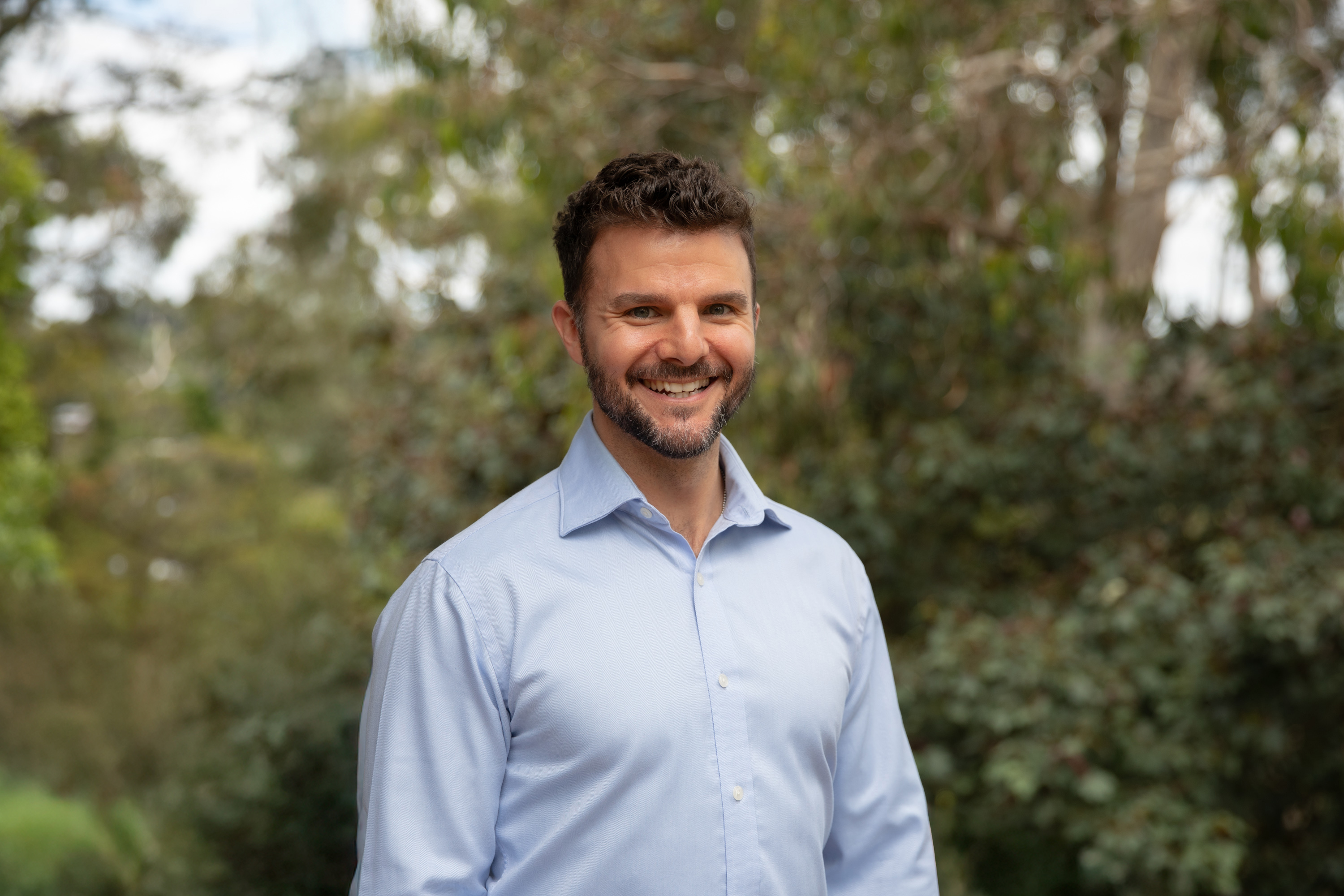This blog navigates…
When the reality of becoming a new father doesn’t meet expectations
Becoming a parent is one of life’s most profound transitions. It brings joy, connection, and a sense of purpose.
But for many new dads, it can also bring something unexpected; stress, anxiety, and emotional overwhelm.
I recently spoke with ABC journalist Costa Haritos for a recent ABC News article, in which he highlights a growing trend: more Australian men are reaching out for perinatal mental health support, and they’re discovering that asking for help can change everything; not just for them, but for their families.
One of the men featured, Lauchlan Craig, shared his raw and honest experience of becoming a father during a stressful and uncertain time. After his baby was born prematurely and his partner was readmitted to hospital, Lauchlan suddenly became the main caregiver for his newborn and partner. It was a deeply emotional time marked by exhaustion, uncertainty, and isolation.
“I was in fight or flight mode. [I] didn’t really know where to turn to, or who to talk to,” he said.
Eventually, Lauchlan contacted ForWhen, a free national helpline offering mental health support for expecting and new parents. That one phone call, he says, changed the trajectory of his fatherhood journey, and his life.
Why dads don’t always ask for help
It’s estimated that 1 in 10 new fathers in Australia experience postnatal depression or anxiety, though the real number is likely much higher due to underreporting. Many men don’t speak up. They fear burdening their partner. They believe they have to “be strong.”
Erin Duncan from ForWhen explains that many dads see their role as being the support person. They push their own needs aside, which only adds to the pressure.
“If dads don’t reach out for support, then it’s going to impact the whole family,” she says.
When support is delayed, or never accessed, it can take a toll on relationships, personal wellbeing, and a dad’s ability to be present and engaged.
The cost of silence
As a counsellor, I’ve seen firsthand how hard it can be for men to reach out, but I’ve also seen what happens when they do.
Common concerns from new and expecting dads include:
👉 “I feel disconnected from my baby and I don’t know why.”
👉 “Everyone keeps checking in on my partner—but no one asks how I’m doing.”
👉 “I’m not sleeping, I’m snappy, and I feel like I’m failing.”
These feelings don’t mean you’re a bad dad. They mean you’re human. And navigating parenthood, especially during the perinatal period, can be incredibly tough.
If you’ve ever wondered, “Is seeing a therapist worth it?” or “What are the benefits of counselling?” the answer is simple: it helps you cope, reconnect, and show up more fully for your family and yourself.
What perinatal mental health support looks like
Lauchlan’s story shows that help doesn’t have to come in big, dramatic steps. Sometimes, it starts with a quiet moment of honesty: “I’m not okay.” From there, the pathway to healing becomes clearer.
Navigating the emotional complexities of fatherhood becomes easier with the right support. Whether you’re a first-time dad, an expecting father, or trying to balance parenting with other life challenges, finding a men’s group or therapist where you feel comfortable sharing your experience can help lighten the load.
A space where men can speak openly, without judgement, and explore what’s really going on beneath the surface is a powerful way to gain greater understanding and strategies to help during the tough times.
You’re not alone – and you don’t have to do this alone
If you’re looking for a male counsellor in Melbourne, or searching for the best counsellor near me, you’ve come to the right place.
Reaching out isn’t a weakness, it’s an act of strength. When you look after your mental health, everyone benefits: your partner, your baby, and you.
If you or someone you know is struggling, you can contact:
ForWhen Helpline
Or, if you’d prefer ongoing support in a private, one-on-one setting, you’re welcome to get in touch with me to discuss how I might be able to help. I provide professional, compassionate support for men at all stages of the parenting journey.
“Asking for help isn’t a sign of weakness – it’s the first step in showing up stronger.”

